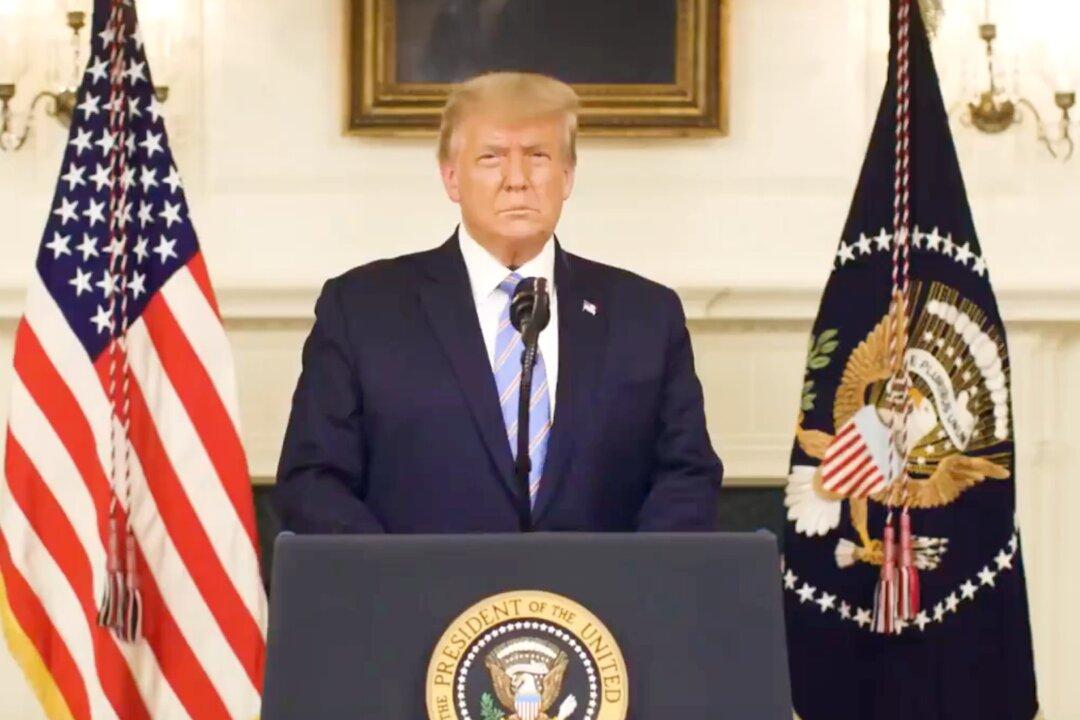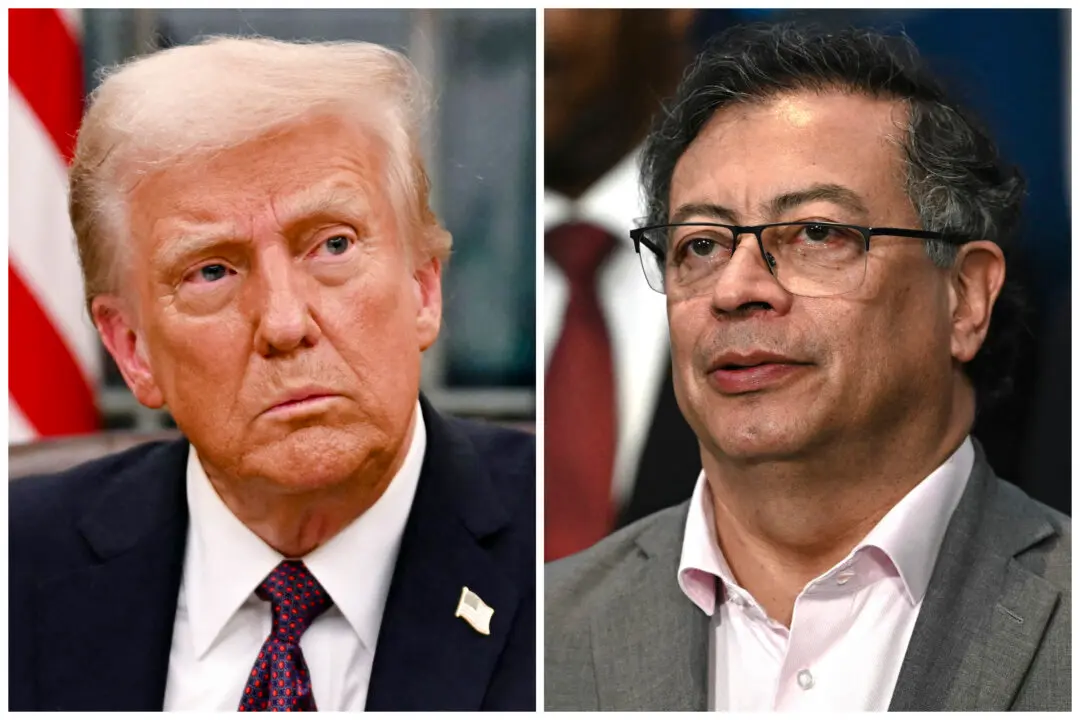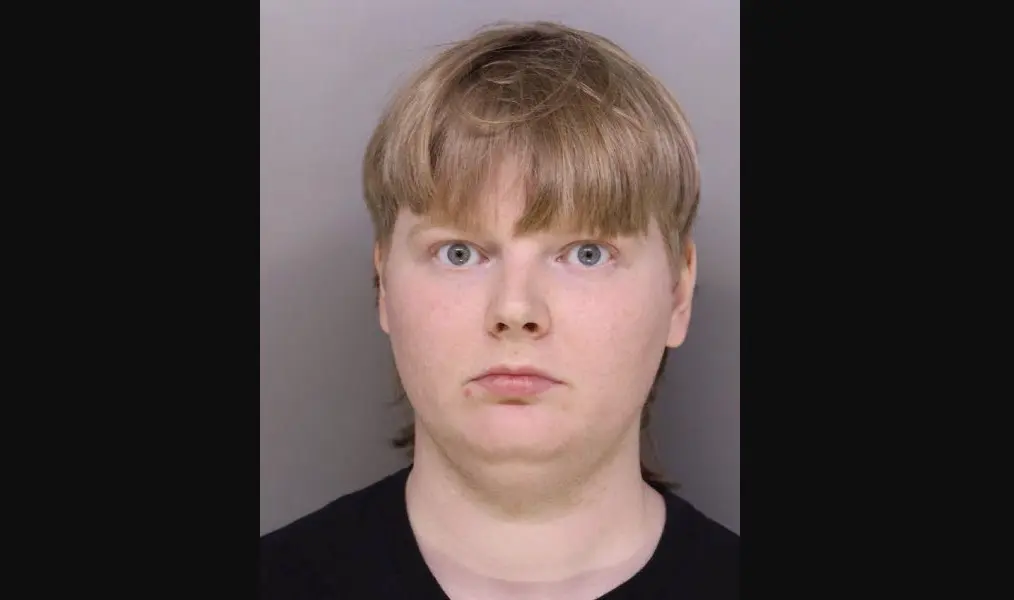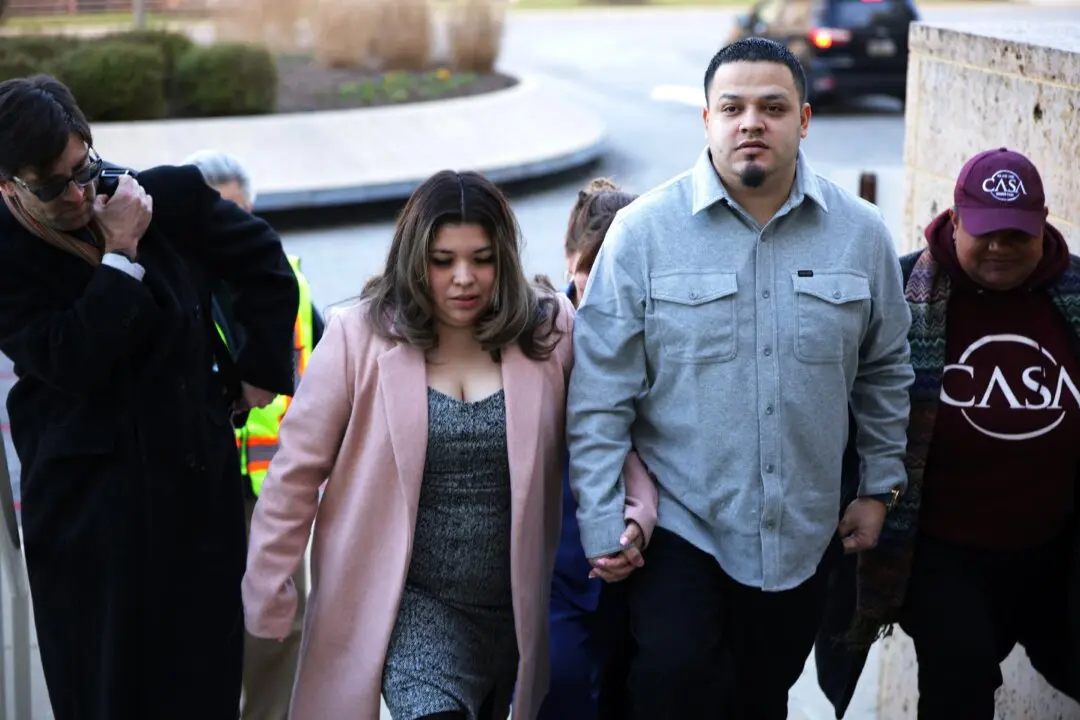Independent author Michael Shellenberger published Part 4 of the “Twitter Files” on Saturday night, following a week of significant revelations about the political activities that transpired under the former leadership of the influential social media company.
Shellenberger, an ecomodernist who publishes his writings on Substack, outlined in Part 4 of the Twitter files how company executives built their case for permanently banning former President Donald Trump from the platform on Jan. 7, 2021.





